Mealtimes are great for fostering communication between you and your child. Naming the foods that are on the menu will help them learn French food vocabulary from an early age, regardless of whether they are able to vocalize the words at their stage.
You can keep it short by presenting the food and saying the word out loud. You can also incorporate the word in a short sentence.
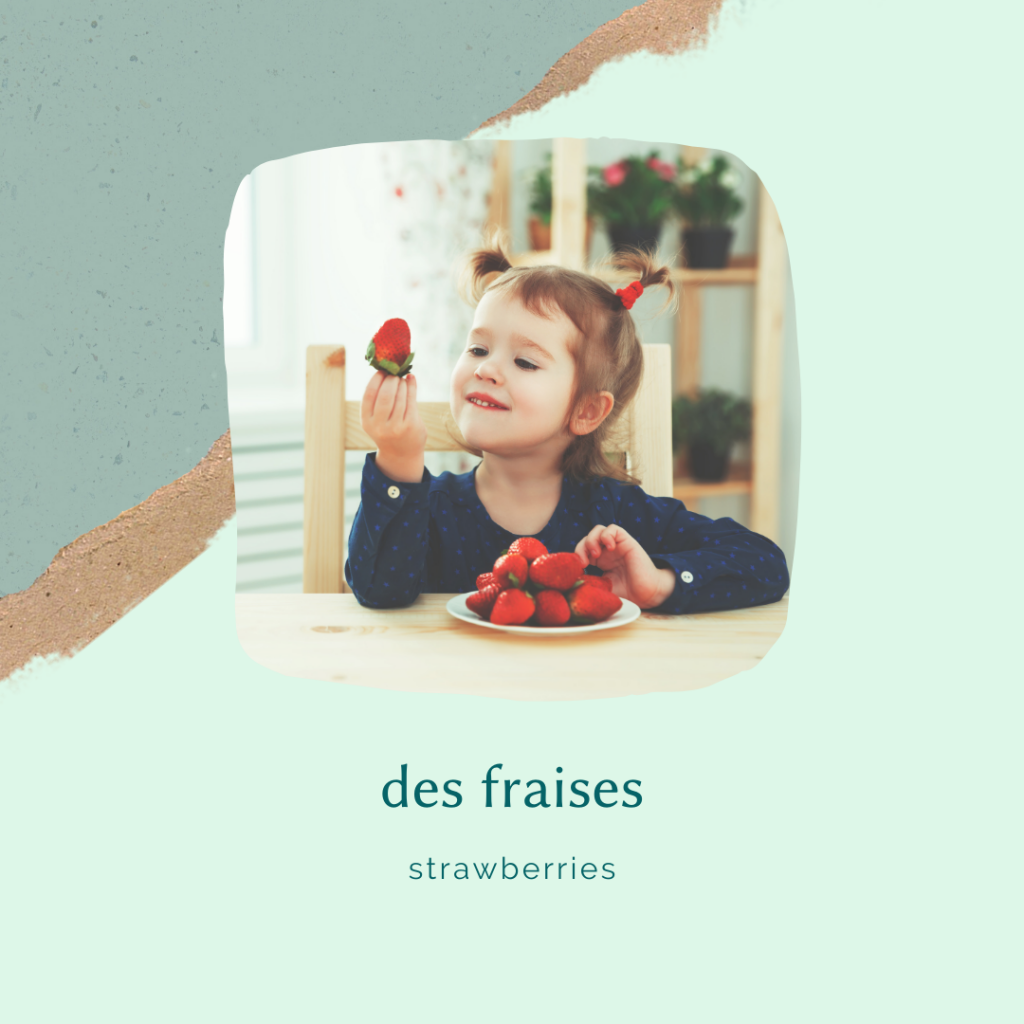
“Strawberries!”
« Des fraises ! »
“Do you want strawberries?”
« Tu veux des fraises ? »
You also describe the food on their plate using descriptive words to focus on the colour or taste.
“Yum, the strawberries are yummy.”
« Miam, c’est bon les fraises ! »
French food vocabulary: milk, milk, and more milk
to nurse (breast feed) – allaiter, téter le sein
to bottle feed – donner le biberon
milk – du lait
breastmilk – le lait maternel
infant formula – le lait pour nourissons, le lait maternisé, la préparation pour nourrissons
French food vocabulary: solids
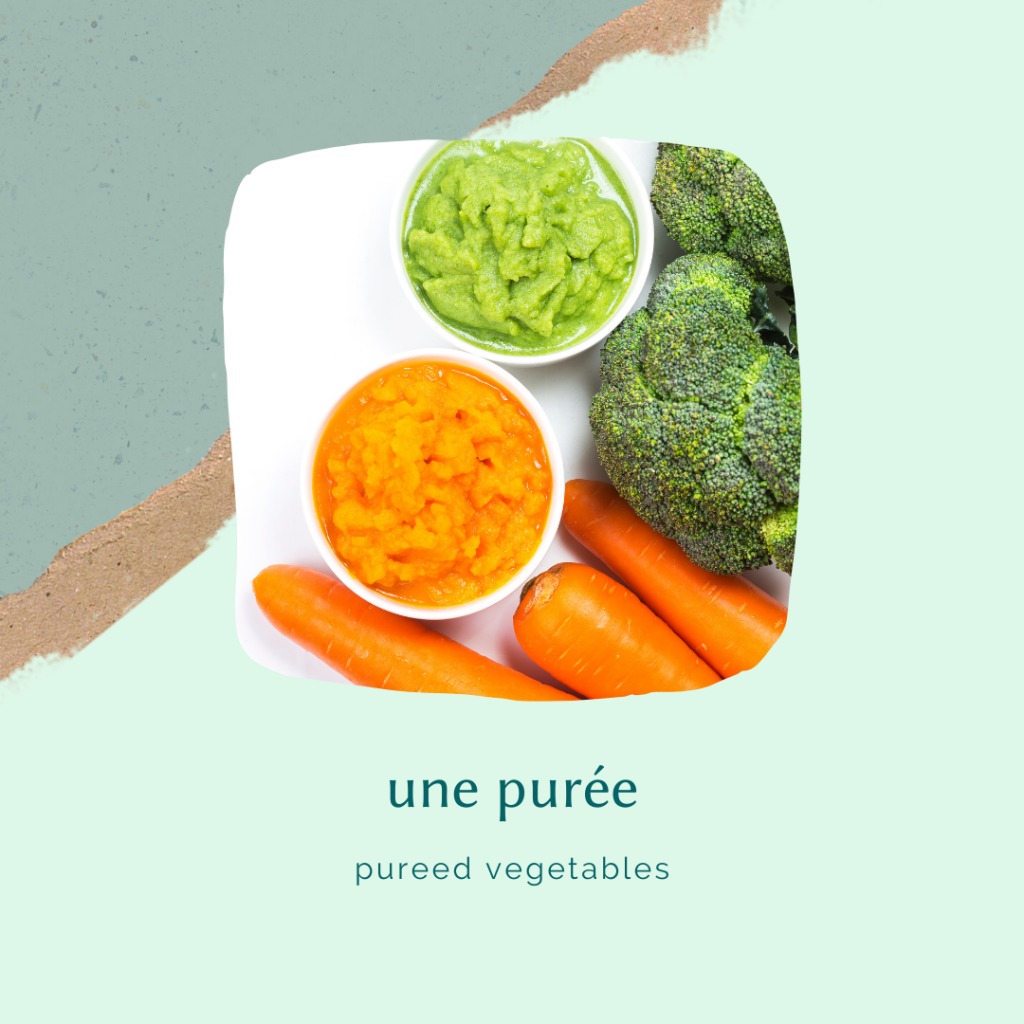
pureed vegetable – une purée
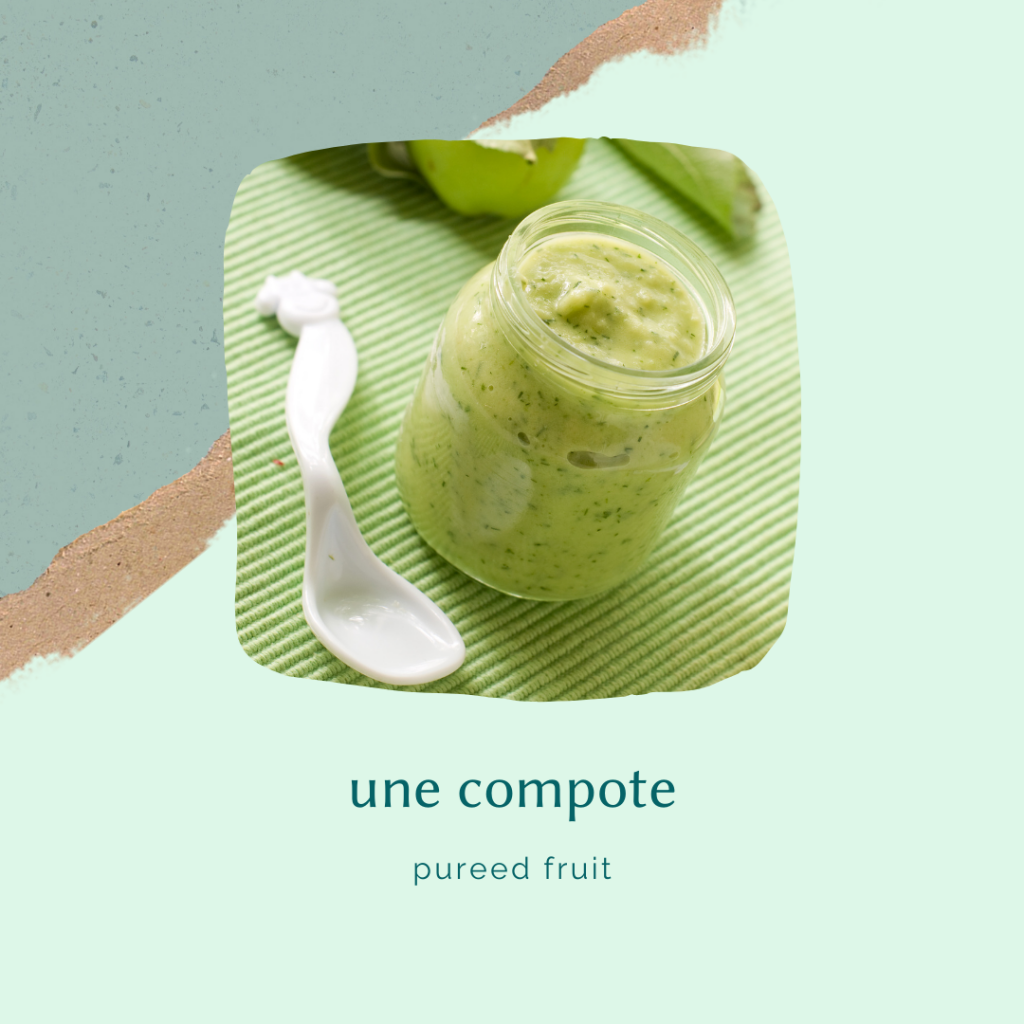
pureed fruit – une compote
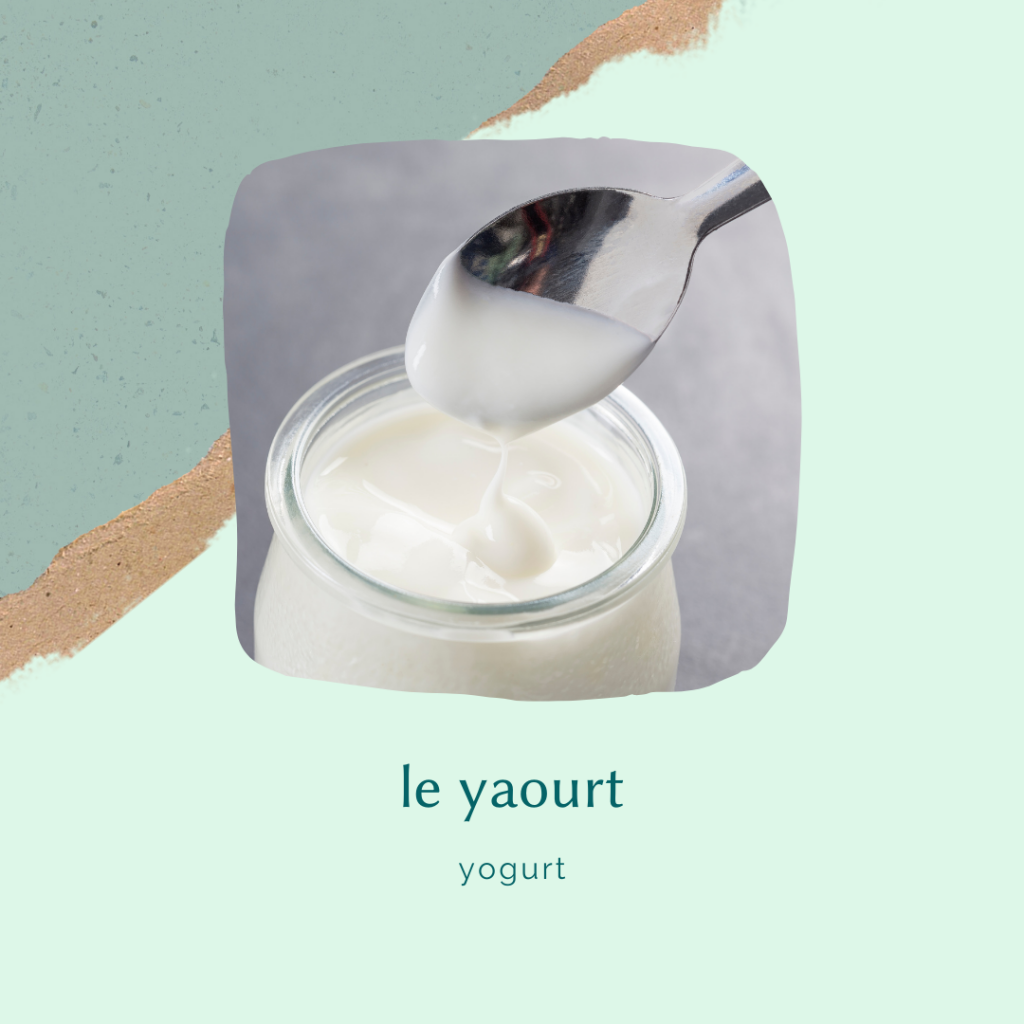
yogurt – le yaourt
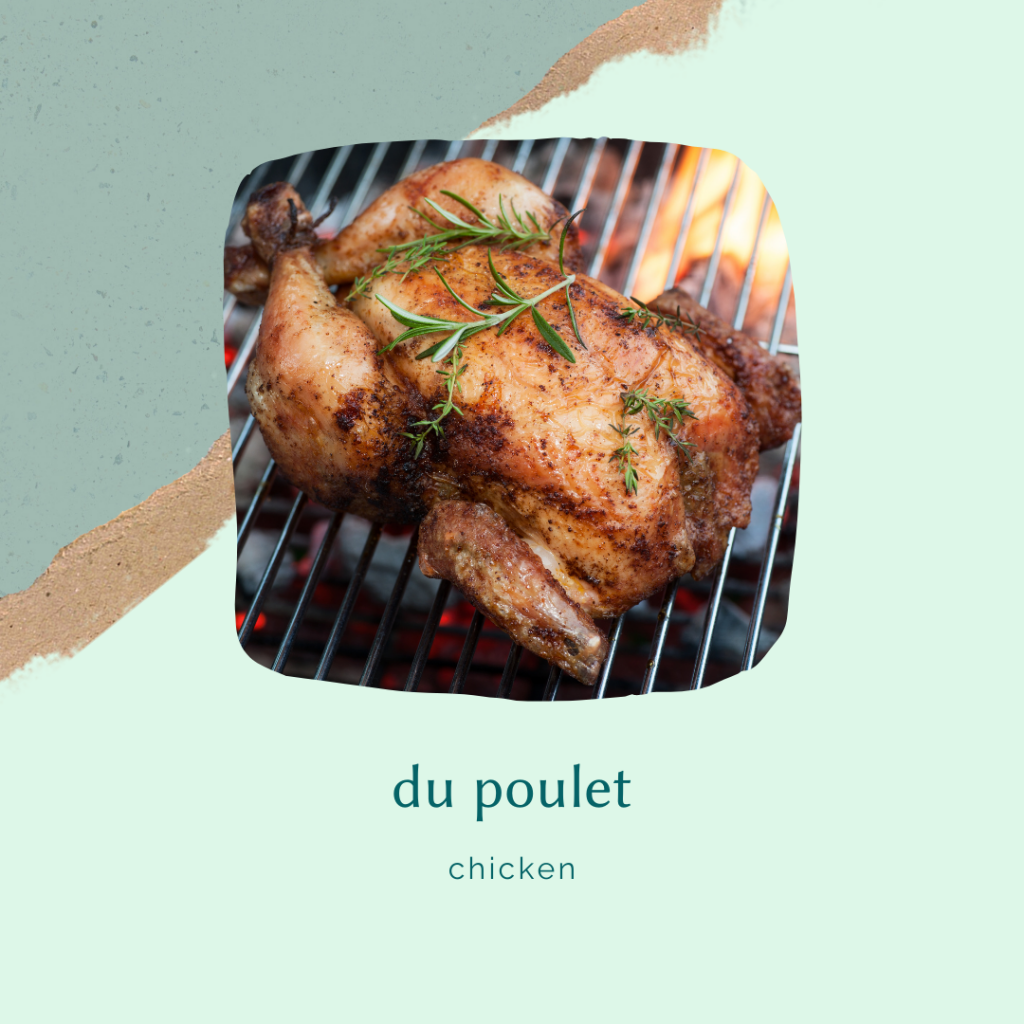
chicken – du poulet
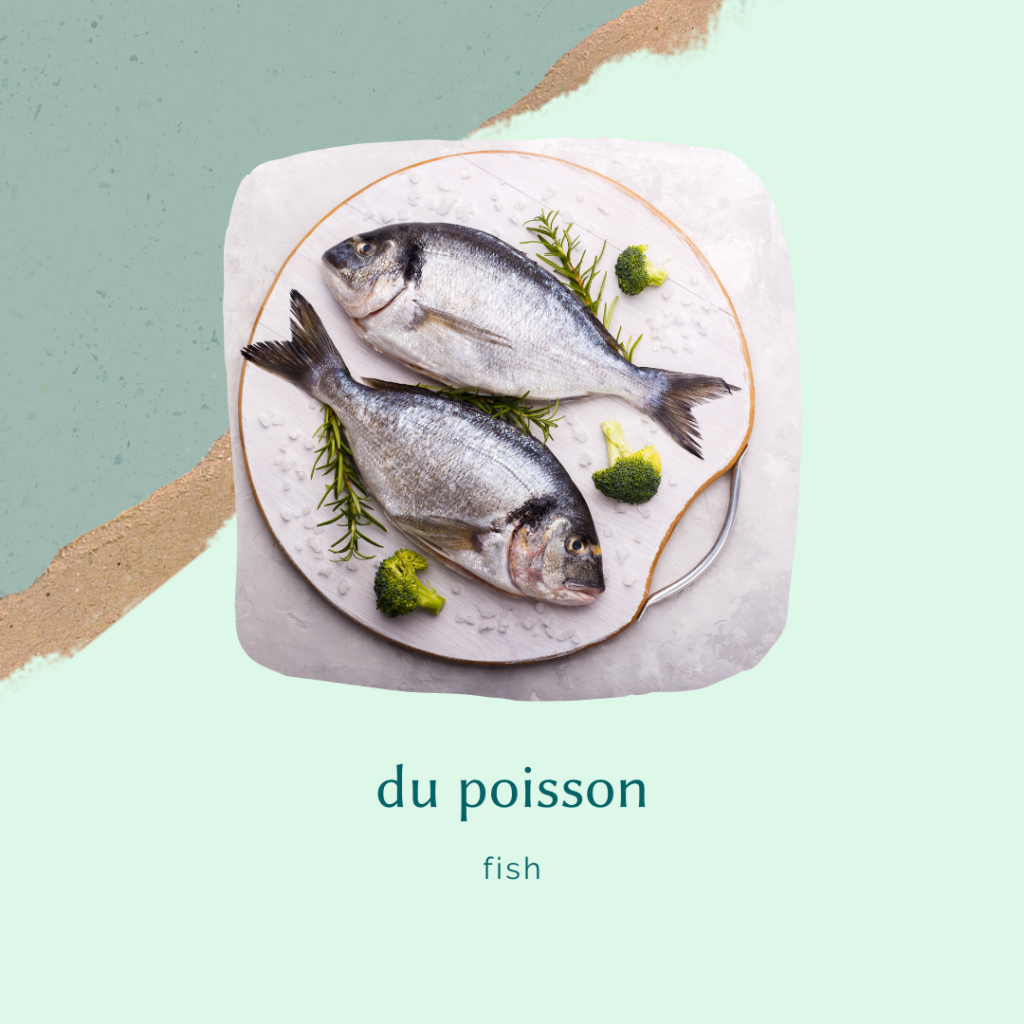
fish – du poisson
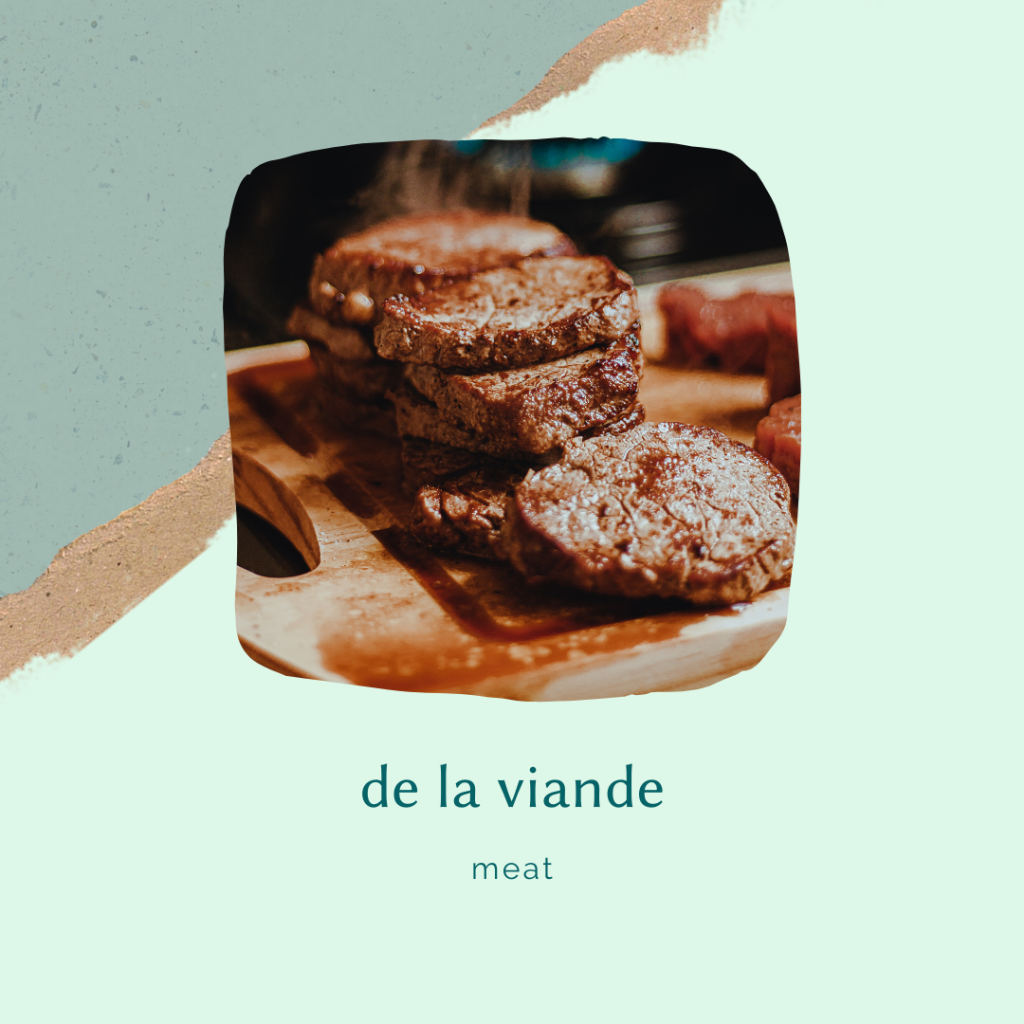
meat – de la viande
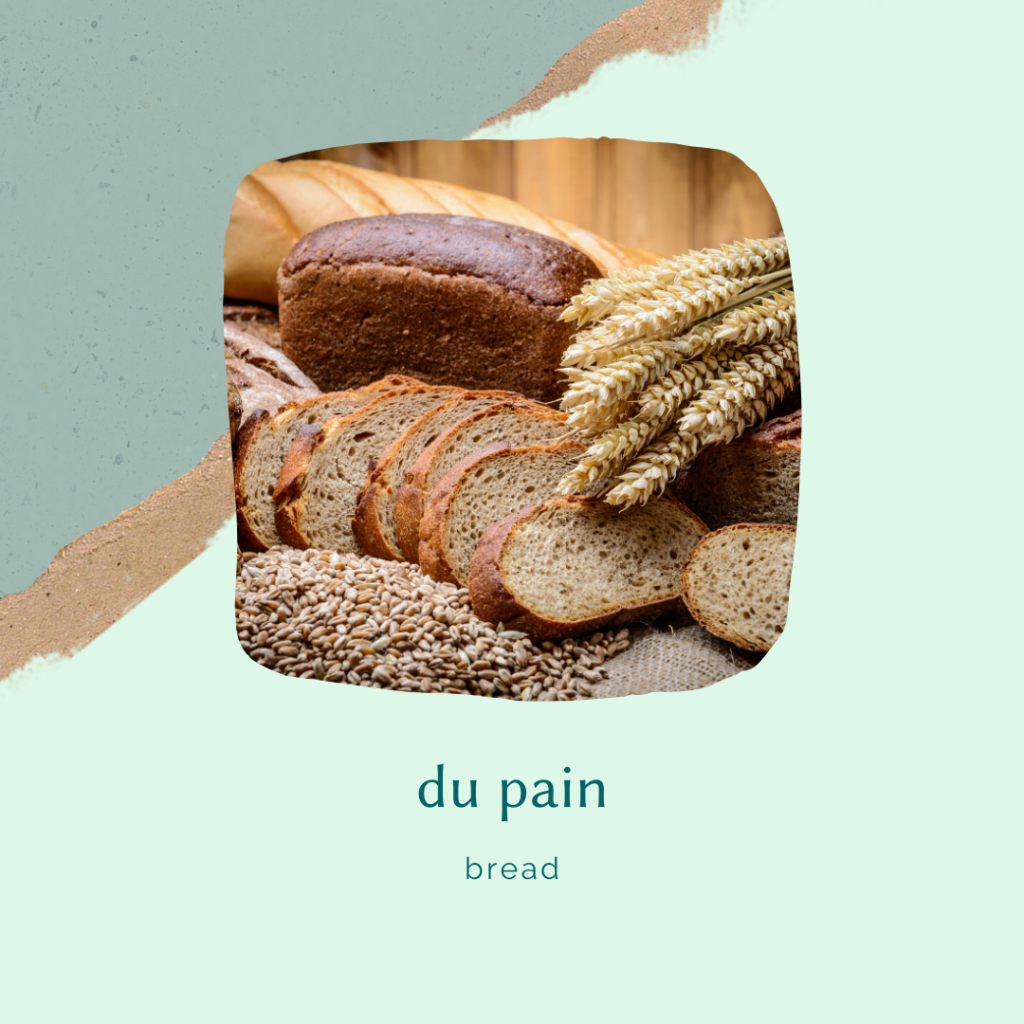
bread – du pain

cereal – des céréales

eggs – des oeufs
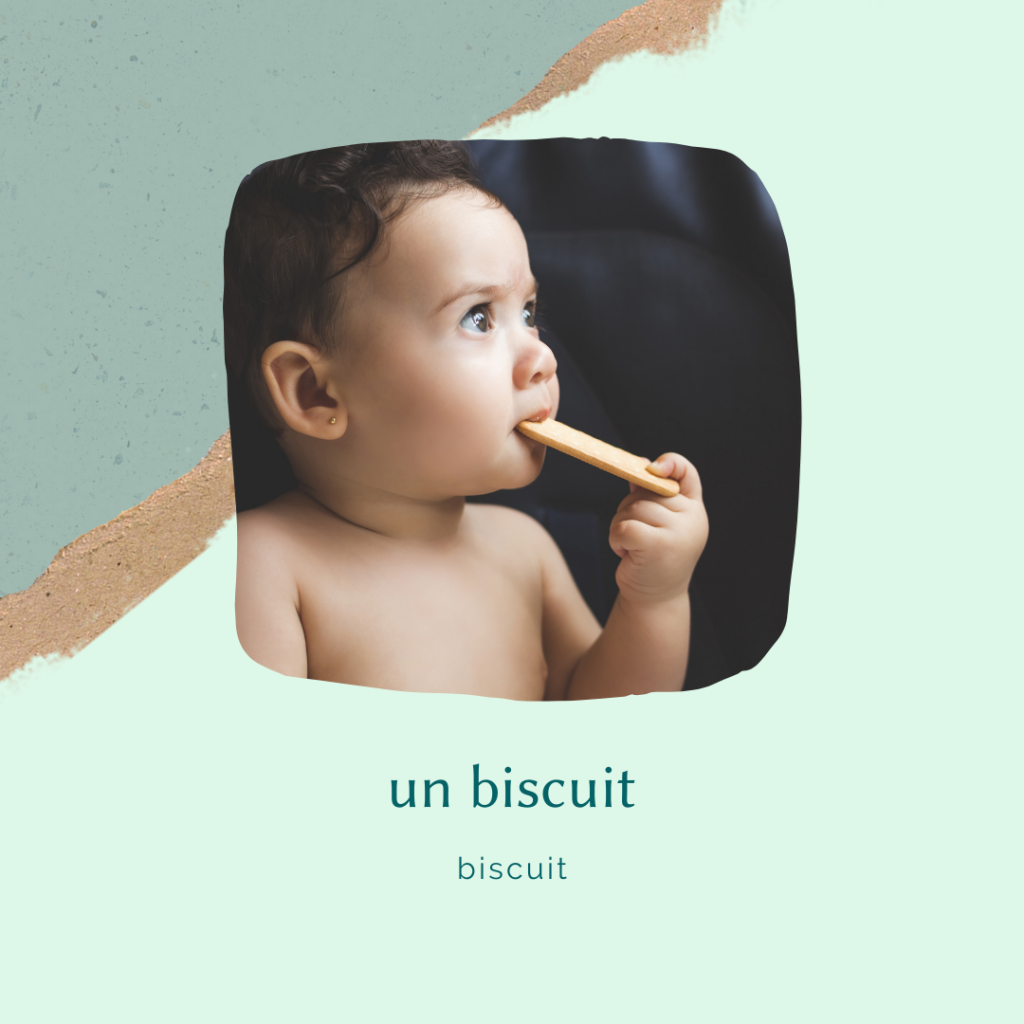
biscuit – un biscuit
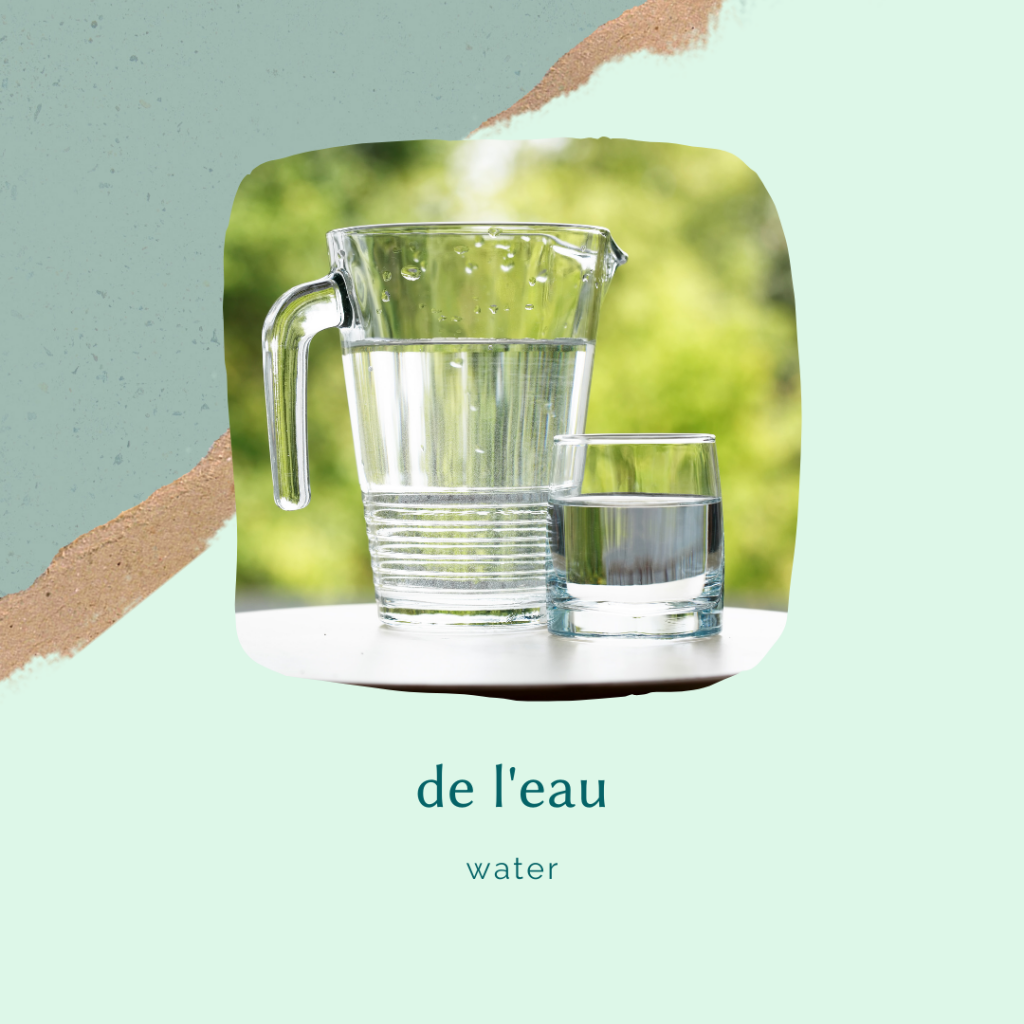
water – de l’eau
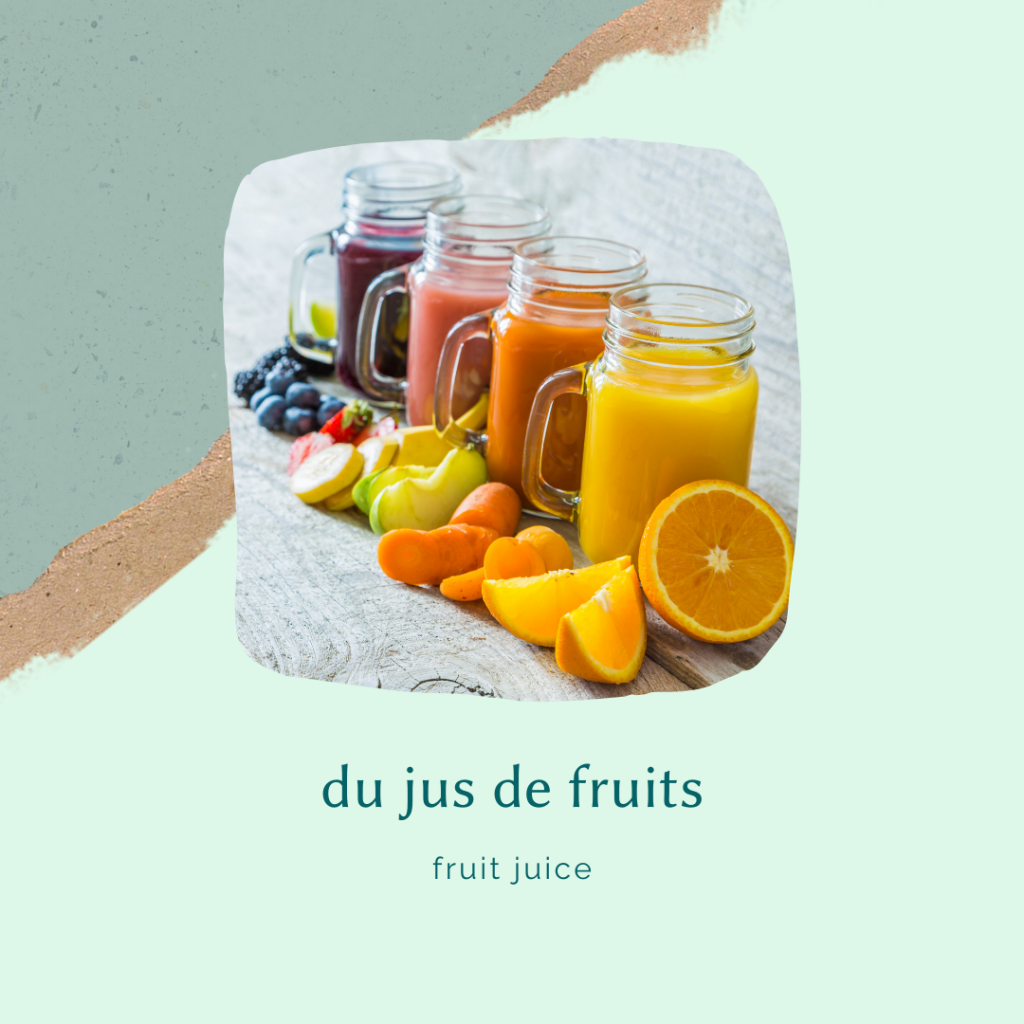
fruit juice – du jus de fruits
Meals
When preparing meals and snacks for our daughter, we make an effort to point out whether it’s breakfast, lunch, or dinner. She has a general idea that breakfast is the first meal she eats when she wakes up in the morning. She also knows that she can ask for a snack at any time of the day when she’s feeling hungry. While she still gets confused between lunch and dinner, we can tell that it’s slowly starting to make sense to her.
breakfast – le petit déjeuner
lunch – le déjeuner
dinner – le dîner
afternoon snack – le goûter
How do you encourage communication with your child at mealtimes? Share your tips in the comments below.
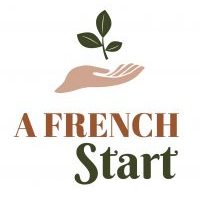
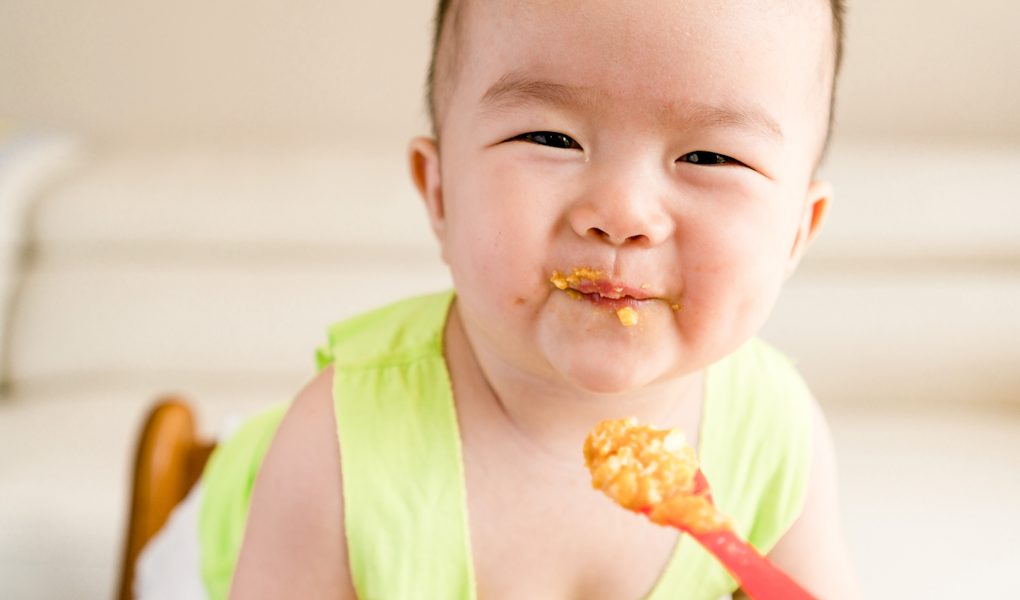

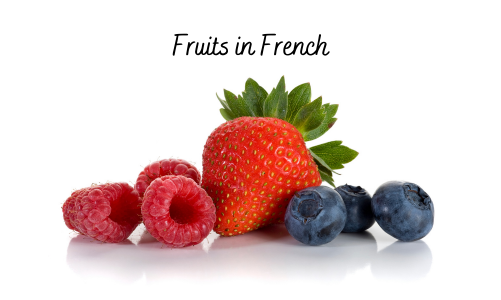
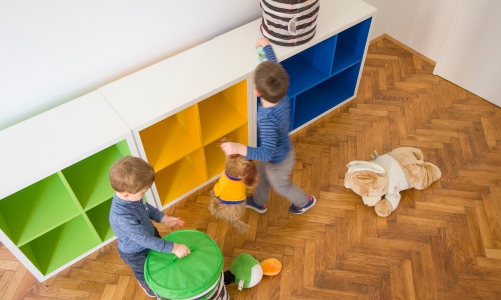
2 thoughts on “French food vocabulary for babies and toddlers”